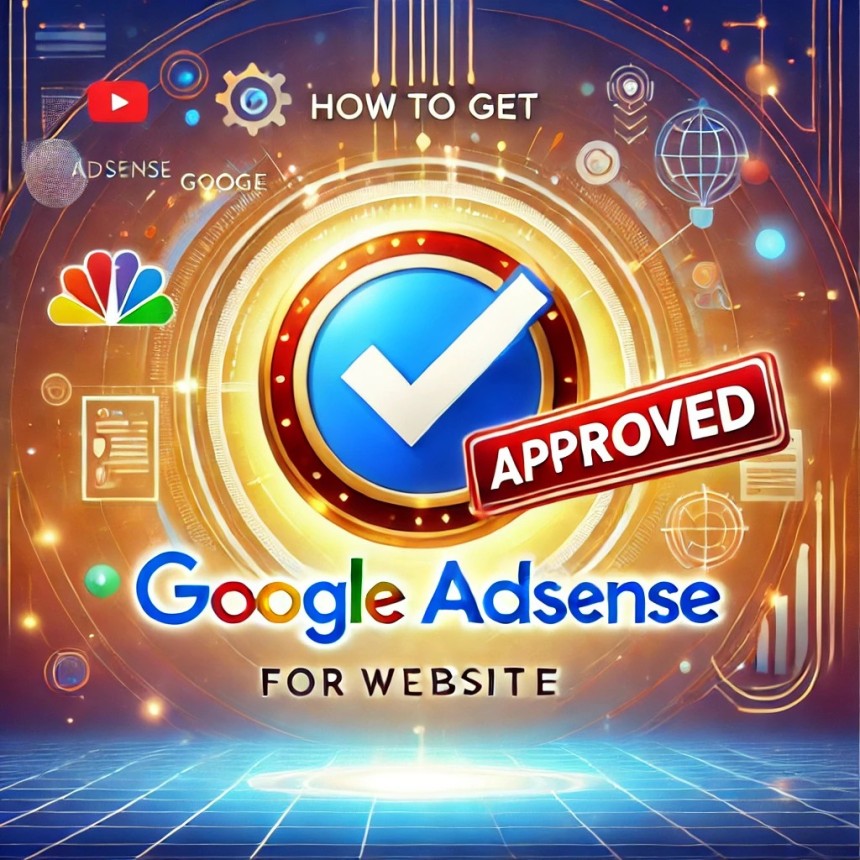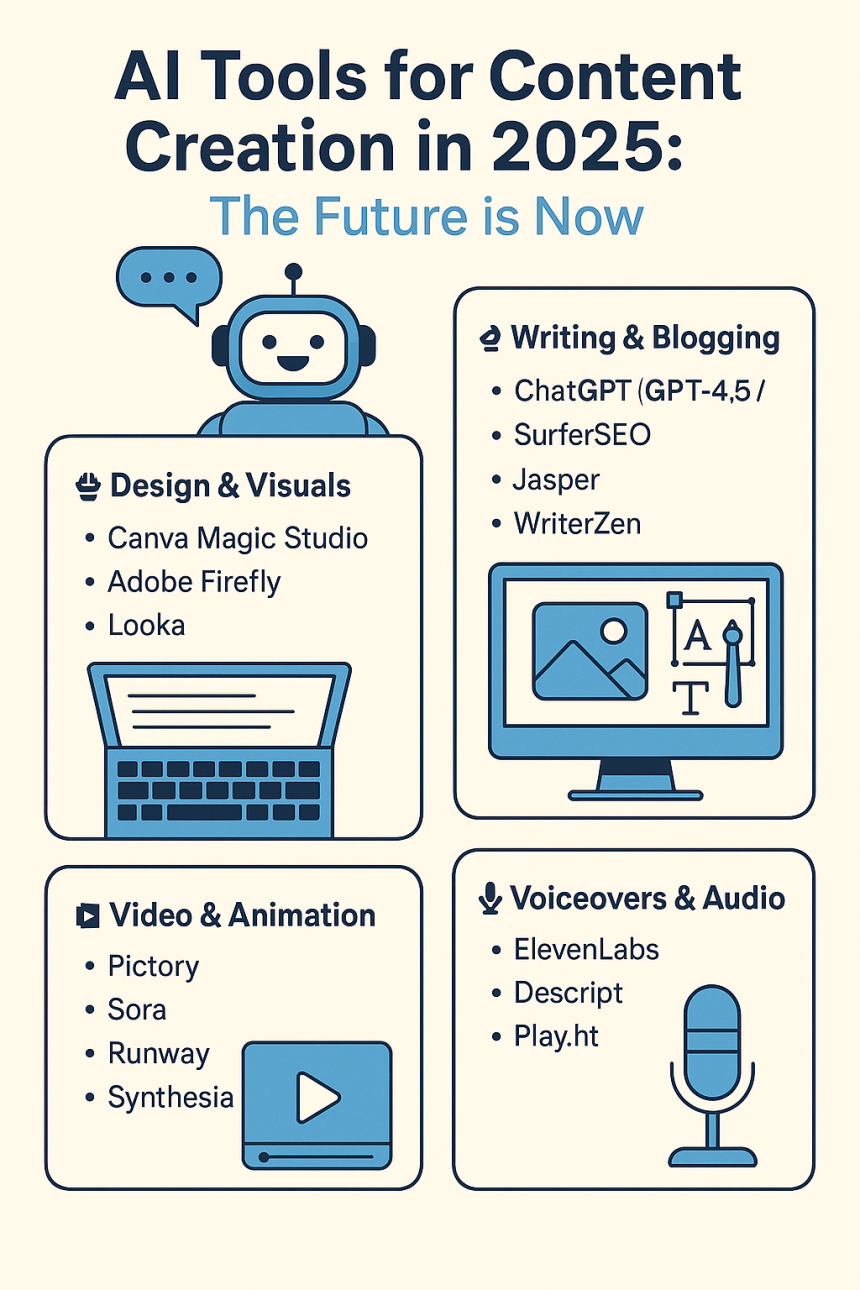
How to Get Google AdSense Approval for Your Website
How to Get Google AdSense Approval for Your Website: A Complete Guide
Google AdSense is one of the most popular ways to monetize your website. Whether you’re a blogger, business owner, or just starting out, getting approved for AdSense can open the door to passive income. However, the process of obtaining approval is not automatic. Google has specific requirements and guidelines that your website must meet.
In this ultimate guide, we’ll break down everything you need to know to get Google AdSense approval for your website, including tips for creating high-quality content, optimizing your site, and making sure you comply with all of Google’s policies.
Table of Contents:
- What is Google AdSense?
- Why You Should Use Google AdSense
- Basic Requirements for Google AdSense
- How to Ensure Your Website is Ready for AdSense Approval Content Guidelines
- Site Design and Navigation
- Legal Pages and Privacy Policies
- Step-by-Step Process to Apply for AdSense Creating Your Google AdSense Account
- Adding AdSense Code to Your Site
- Common Reasons for AdSense Rejection and How to Avoid Them Content Issues
- Technical Issues
- Policy Violations
- How to Increase Your Chances of AdSense Approval Building Quality Content
- Traffic Generation Tips
- SEO Best Practices
- How to Monitor Your AdSense Account and Earnings AdSense Dashboard Overview
- Analyzing Reports and Earnings
- Alternatives to Google AdSense Other Ad Networks
- Affiliate Marketing
- The Road to AdSense Approval
1. What is Google AdSense?
Google AdSense is an advertising platform that allows website owners to monetize their sites by displaying targeted ads. When a visitor clicks on an ad, you earn revenue, either on a per-click or per-impression basis. AdSense uses contextual targeting to display relevant ads based on the content of your site, making it a highly effective way to generate income from your traffic.
Getting approved for AdSense can be a game-changer for your website’s revenue. However, before you apply, you need to ensure that your website meets Google’s standards.
2. Why You Should Use Google AdSense
AdSense provides several advantages:
- Ease of use: Once you’re approved, integrating AdSense ads is simple. You don't have to manage advertisers or create ad campaigns yourself.
- Targeted ads: AdSense uses sophisticated algorithms to show relevant ads based on your site’s content and visitors’ interests.
- Passive income: Once set up, AdSense is a passive way to generate revenue as long as you keep producing quality content.
- Global reach: Google AdSense allows you to earn revenue from visitors all around the world, thanks to its global network.
3. Basic Requirements for Google AdSense
Before applying for AdSense, ensure that your website meets the following basic requirements:
- Content: You need original, high-quality content. Copy-pasted content or content that violates Google’s policies (e.g., adult material or hate speech) will result in rejection.
- Traffic: While there’s no official minimum traffic requirement, having a steady stream of visitors can increase your chances of approval.
- Design: Your site must be user-friendly with a professional design. Google looks for clean layouts and easy navigation.
- Domain Age: Google may require your site to be active for at least six months before you can apply, especially in certain countries.
4. How to Ensure Your Website is Ready for AdSense Approval Content Guidelines
Google prioritizes websites that offer value to their users. This means:
- Original Content: Ensure all your articles, blog posts, and pages are 100% unique. Plagiarized content is an instant red flag for Google.
- Quality Content: Google looks for websites that provide in-depth, informative, and relevant content. Focus on creating long-form posts, how-to guides, or resources that answer common questions in your niche.
- Regular Updates: Google values websites that are regularly updated with fresh content. Try to post new content every week or month.
Recommended word count: While there’s no strict rule, aim for at least 500–1000 words per post. Longer content tends to perform better with AdSense, as it provides more opportunity for ads to be displayed.
Site Design and Navigation
Your website should be visually appealing and easy to navigate. Here’s what to keep in mind:
- Mobile-Friendly Design: With more users browsing the web on mobile devices, having a responsive, mobile-friendly site is crucial.
- Clear Navigation: Ensure your site’s navigation menu is simple and easy to follow. Google wants to make sure visitors can easily find what they’re looking for.
- Fast Loading Speed: Slow loading sites can hurt user experience and decrease your chances of AdSense approval. Use tools like Google Page Speed Insights to check and improve your site’s speed.
Legal Pages and Privacy Policies
Google requires specific legal pages to be present on your site:
- Privacy Policy Page: This is crucial, as it informs users about how their data is handled. Google may reject your AdSense application if this page is missing.
- About Us Page: A detailed page explaining who you are and what your website is about helps build trust.
- Contact Us Page: Include a contact form or email address so visitors can get in touch with you.
- Terms and Conditions: This page isn’t mandatory but recommended for building credibility.
5. Step-by-Step Process to Apply for AdSense Creating Your Google AdSense Account
- Go to the Google AdSense website and sign up using your Google account.
- Add your website’s URL and submit your application.
- Fill in your contact details and select your payment preferences.
- Google will review your website to ensure it complies with their policies.
Adding AdSense Code to Your Site
Once approved, you’ll get access to your AdSense account. You can place ad units on your website by adding the provided ad code into the HTML of your pages. Depending on your theme or platform (e.g., WordPress), you may use a plugin or widget to place ads without needing to modify your website’s code.
6. Common Reasons for AdSense Rejection and How to Avoid Them Content Issues
Google rejects sites with low-quality, duplicate, or insufficient content. Make sure all pages have substantial content and are free from plagiarism.
Technical Issues
Sometimes, AdSense rejections happen due to technical problems like broken links or slow site speed. Regularly test your website’s performance and fix any technical issues.
Policy Violations
If your site includes prohibited content (such as adult content, drugs, or violence), you will likely be rejected. Review Google’s AdSense policies and make sure your content complies.
7. How to Increase Your Chances of AdSense Approval Building Quality Content
Focus on creating in-depth, well-researched posts that provide value to your readers. The more useful and informative your content, the better your chances of approval.
Traffic Generation Tips
Work on generating organic traffic by optimizing your content for SEO. Use keyword research tools to find what people are searching for, and ensure your posts are optimized for those keywords.
SEO Best Practices
Optimize your on-page SEO by using relevant keywords, optimizing images, and ensuring proper heading structure. Off-page SEO is also important, so build backlinks to your site to increase its authority.
8. How to Monitor Your AdSense Account and Earnings
Once approved, keep track of your earnings and ad performance using the AdSense dashboard. Analyze metrics such as:
- Click-Through Rate (CTR): This tells you how many visitors clicked on your ads.
- Earnings Per Click (EPC): This shows how much you earn each time a user clicks on an ad.
- Page RPM (Revenue per Thousand Impressions): This helps you understand how much revenue you generate per 1000 page views.
9. Alternatives to Google AdSense
While AdSense is the most popular ad network, several other options exist, including:
- Media.net: Yahoo and Bing’s ad network is a great alternative to AdSense.
- Amazon Associates: If your site is focused on products, Amazon’s affiliate program is a good option.
- Propeller Ads: Another ad network that offers easy integration and high payouts.
Additionally, affiliate marketing and direct ads from companies in your niche are other great ways to monetize your website.
10. The Road to AdSense Approval
Getting Google AdSense approval can be a challenging but rewarding process. By focusing on providing quality content, optimizing your site’s user experience, and adhering to Google’s guidelines, you can increase your chances of being approved. Remember that it may take some time and effort, but once you’re approved, you’ll have a great opportunity to monetize your site effectively.
Good luck on your AdSense journey!
If You Like this Blog Post You can Like & Comment Your Thoughts Then Share to your Friends!!!





